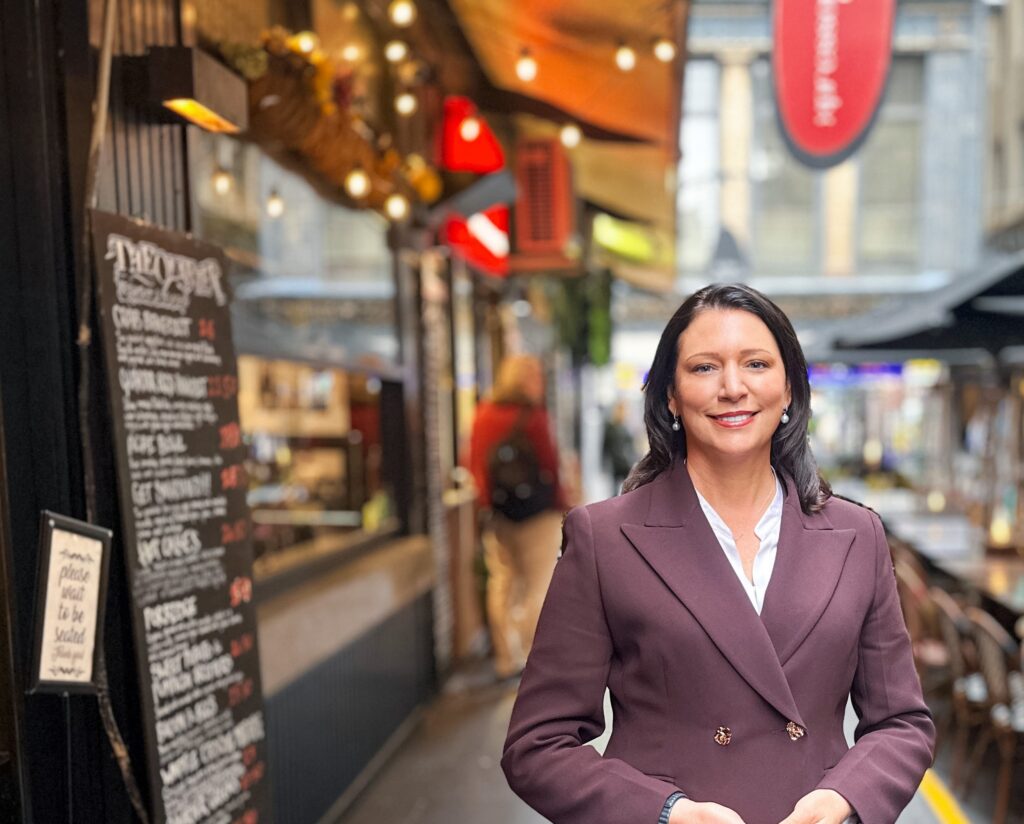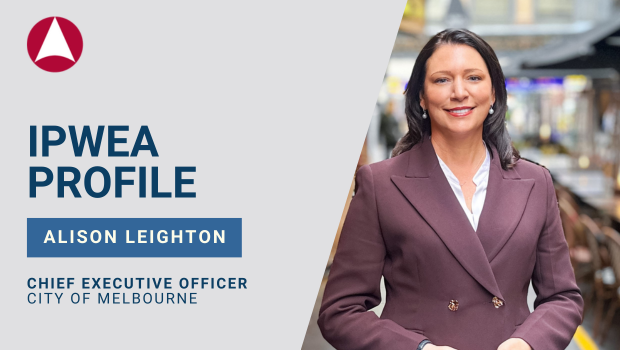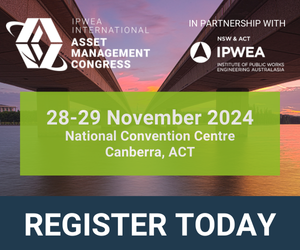Over the last few years, the City of Melbourne has been creating a bank – but it’s a bank full of data and not money.
City of Melbourne Chief Executive Alison Leighton describes it as a “knowledge bank”, which contains “all the feedback and comments we’ve received every time we go out and do community engagement on any topic.”
When Leighton talks about the city’s community, she is talking about a diverse group of stakeholders. As a CBD council in one of Australia’s leading cities, the stakeholders comprise residents, businesses and also non-ratepayers such as visitors, workers and students.
All of these views on a diversity of issues are aggregated in the knowledge bank, and the Council is now embarking on using AI analytics to make better use of the data.
“AI is just one of many tools we are using – and it doesn’t replace the need to engage face to face and hear directly from people,” says Leighton.
“It allows us to leverage the time our communities spend on providing feedback, and we can use AI to help us make better informed decisions.”
External facing applications for the use of data are not the only way in which Council is using technology to drive cultural outcomes.
Using leading HR technology platforms such as Culture Amp, Council is undertaking what Leighton describes as “employee and culture pulse checks.”
These are already delivering results. In 2022, it unearthed an opportunity to increase the focus on the learning and development of staff.
There has already been a 17% improvement in how the staff rate their workplace against this criteria.
“Technology can intersect with culture and help drive better results, and I’m a believer in using these contemporary tools alongside more traditional mechanisms,” says Leighton.
“If people take the time to undertake these surveys, it’s vital that we respond to what they are saying.
“It’s important to put team culture first – and doing that in an organisation creates the environment where people can thrive and customers can be prioritised.”
This approach aligns to Leighton’s progressive approach to leadership, a large component of which is to “unlock the collective intelligence and capability of a team and create space for people to contribute towards decision making.”
Leighton came to the City of Melbourne in March 2020 and became Chief Executive in July 2023 after acting in the position for ten months.

This came after senior positions at local government authorities in regional Victoria, at Baw Baw and the Mornington Peninsula Shires, and also four years as a director of IPWEA Victoria.
The local government sector was a natural fit after an undergraduate degree in engineering followed by an MBA, and Leighton says she enjoys the sector’s close proximity and relationship with its community.
“Many of the assets we manage and services we provide are some of the most important ones people rely on for our community members,” she says.
“We create places for community and provide facilities to make a real difference for the wellbeing of our communities.”
The City of Melbourne manages approximately $5 billion in assets, and Leighton says doing that effectively requires a “long-term lens.”
“We need to see ourselves as the stewards of these assets for the time we are responsible for their management,” says Leighton.
“We can’t just apply one particular perspective. It’s about understanding who is using the assets, why they are using them, and how those needs will change over time.
“We also need to consider population and demographic changes and the impact that will have. That’s why you need a multi-faceted perspective which comes from all of the experts in your organisation across multiple disciplines.”
Leighton is also keen to embrace the innovative use of assets, and has welcomed the November 2023 milestone when construction work began on Council’s ‘Make Room’ project.
In collaboration with Unison Housing, Council is refurbishing a disused building and transforming it into 50 studio apartments – which will improve the housing and social outcomes of people experiencing homelessness.
“The apartments will be made available to some of our most vulnerable Melburnians. The facility will provide access to services to support transition into employment and longer term housing,” says Leighton.
“Our Make Room project will change people’s lives – setting a new standard for transitional supported accommodation in Victoria.
“We are also proud to be designing part of the project with First Nations people to ensure we create culturally safe spaces, while also thinking through the needs of people from diverse backgrounds.
Alison Leighton will be speaking at the IPWEA International Public Works Conference held at Melbourne’s Convention and Exhibition Centre from 30 April to 2 May.
Find out more about Alison and our cast of thought leaders here.
ENDS














